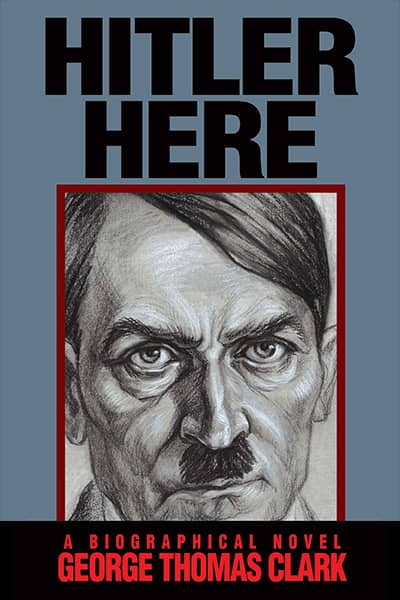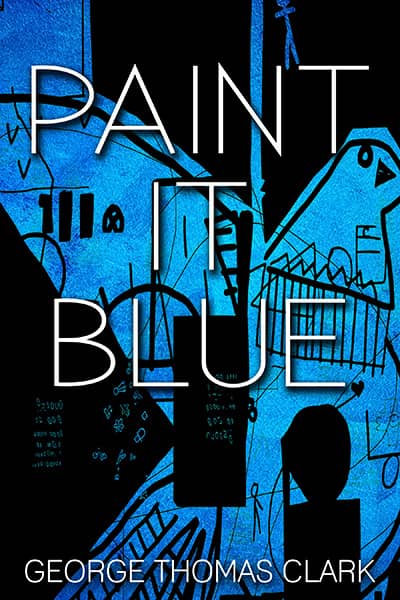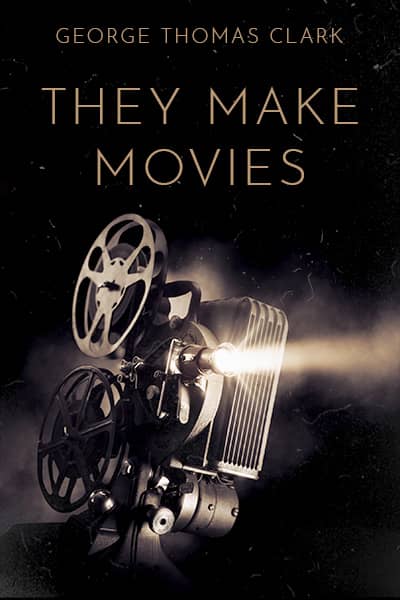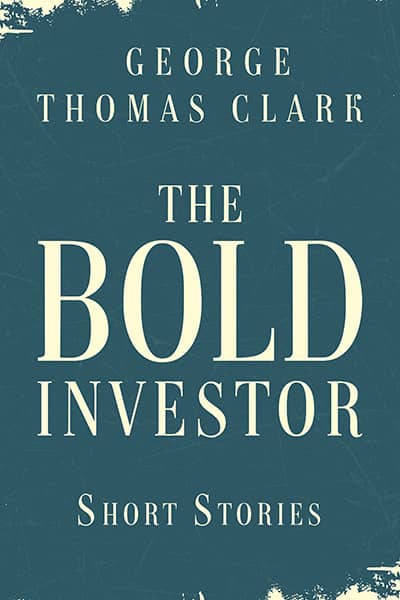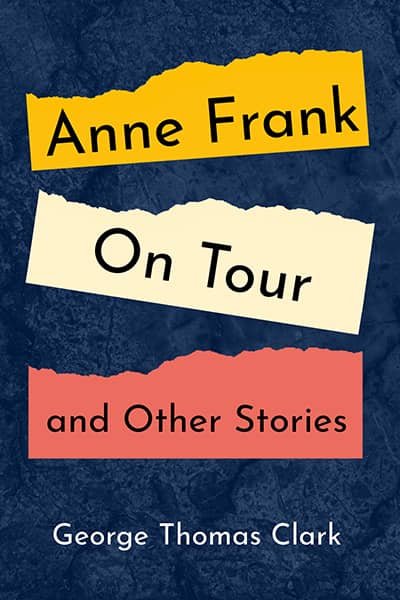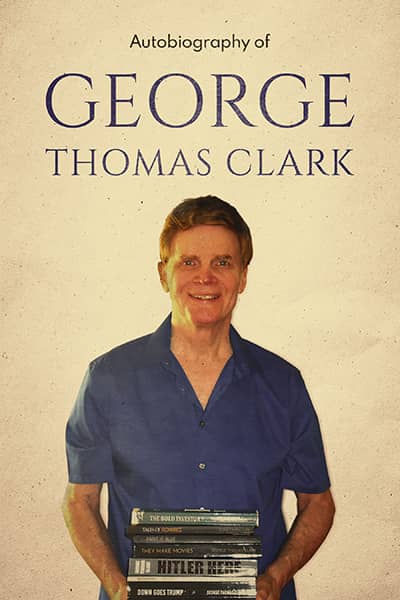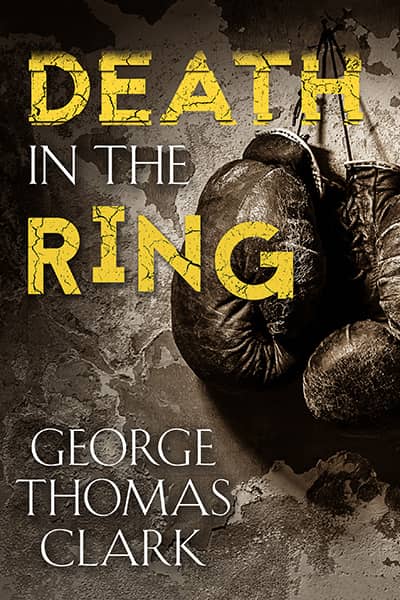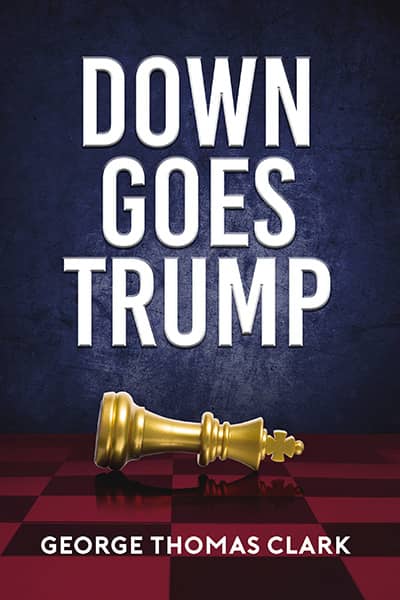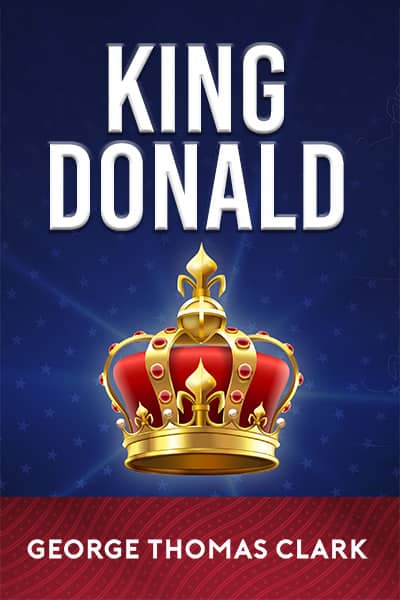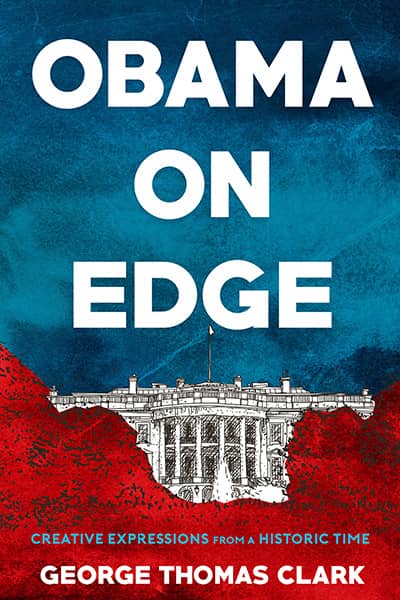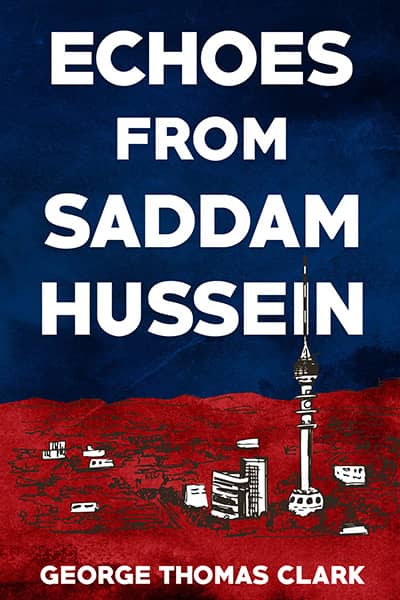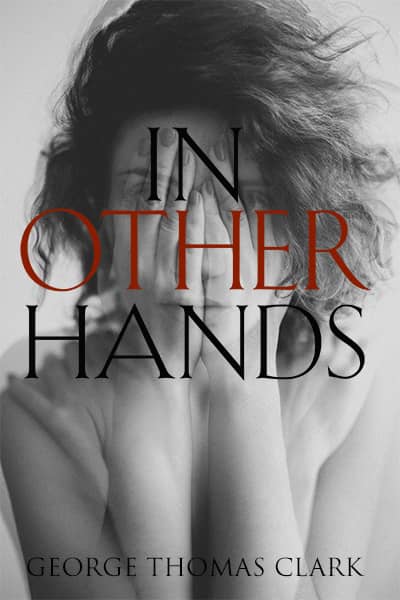Franklin Roosevelt’s Assessments on the 70th Anniversary of World War II
September 1, 2009
Too often, I think, my fellow Americans view World War II as having begun that frightful Sunday morning December seventh, 1941 when carrier-based Japanese warplanes, in an unprovoked and dastardly attack on the United States fleet in Pearl Harbor, killed two thousand four hundred people, destroyed or damaged fifteen warships, and demolished almost two hundred aircraft. In my mind the war for us had really begun in Europe more than two years earlier – and seventy years ago today – as the first German bombardment of Poland assured we would someday help liberate the continent from whence so many of our ancestors came. I must as well emphasize the Japanese had attacked Manchuria in 1931 and for much of the 1930s pulverized the Chinese. We in the West don’t call that World War II. Perhaps we should.
I knew Japanese expansion in the Pacific would someday precipitate a conflict with us, so I began to wage economic warfare by denying them essential raw materials, and at the same time provoked the Germans by Lend Leasing the British ships and weapons, hounding and depth charging U-boats, threatening to shoot on sight any German ship we considered hostile or inconvenient, and by calling Hitler a rattlesnake. My vision and actions were vindicated long before my death in April 1945, and only briefly will I backhand the charge I knew an attack on Pearl Harbor was imminent and let it happen to ensure American outrage and commitment to total war. I’m confident few believe such drivel, and to the deceivers declare: I welcome your enmity.
Occasionally I’m irritated my most dangerous opponent survived me and briefly celebrated my demise before he bit cyanide eighteen days later. When gasoline drenched his corpse and a match ignited it, Europe was forever free of Nazi barbarism. My legacy by contrast is still embodied in progressive movements around the world. This might not have been so if paralysis hadn’t deadened my legs in 1921 and compelled me to reassess my life and better empathize with those who lacked good fortune.
Though it would be disingenuous to deny I was a patrician, I promise you I have remained a fundamentally democratic man. As such I must be frank and admit I too would likely have made most of the critical foreign policy commitments of my successors. A few years after World War II I certainly would’ve combated the communist hordes, Chinese as well as Korean, who violated international law by attacking South Korea. I do wonder, however, what would’ve happened if we hadn’t intervened: all of Korea would’ve been red for a generation, but communism’s imperative to self-destruct probably would have liberated the nation instead of leaving it still divided and confrontational.
Would I, by the early 1960s, have become enlightened enough to understand that monolithic communism was a myth and did not have to be physically confronted in Viet Nam? Like so many other Americans, I imagine I would somehow have terrified myself into equating the aggression of Ho Chi Minh in an isolated civil war to the international voraciousness of Adolf Hitler. Fundamentally ridiculous, we now understand, but then seemingly a sound principle of self defense and universal law and order.
I concur with the elder President Bush that in 1990, following Saddam Hussein’s Iraqi invasion and ravaging of oil-glutted Kuwait, the quintessential question was: what if we do nothing? In related circumstances American presidents must always do something: even if wrong ethically and militarily, they’ll be temporarily right in domestic politics. Killing foreigners always galvanizes a citizenry.
After September 11, 2001 I, like young President Bush, would have charged into Afghanistan and tried to demolish the Taliban and Al Qaeda. At that point, and without hindsight, I diverge from George W. Bush and declare the United States should’ve maintained a Taliban and Al Qaeda first strategy since they’d indisputably murdered three thousand Americans while Iraq had been defeated in 1991 and thereafter surrounded and economically straight-jacketed. It’s possible young Bush would counter by saying: okay, Roosevelt, you said you had a Hitler first policy but in fact you also simultaneously waged a huge war in the Pacific. To the sincere president, I would thusly respond: we were fighting a world war, two world wars, really, and drafted ten percent of the population, some fourteen million soldiers, including your father and the two oldest Kennedy boys, to combat major powers which had projected and sustained violence far beyond their national borders. I must conclude a defeated Saddam Hussein is not analogous to the rampaging armies of Germany and Japan early in World War II.
Now you want to know what I would do about Afghanistan, years after America diverted its attention and allowed the Taliban to rebuild. I believe I’d accept we couldn’t, on a limited war basis, pacify that region and impose our policies. Therefore, we must compel, cajole, and pay the Taliban to do what concerns us most: banish Al Qaeda from Afghanistan. If terrorists plotting to attack America and our interests are not given refuge in that harsh, mountainous land, then we have achieved what we must. President Obama agrees with me, doesn’t he?
